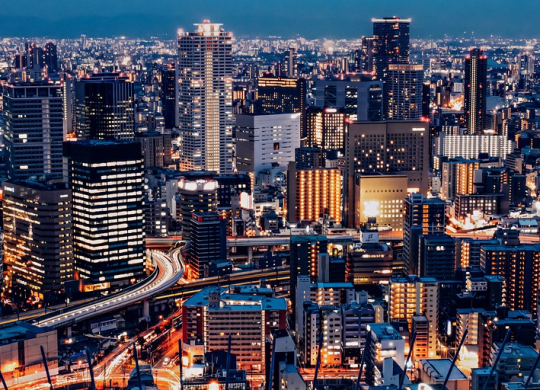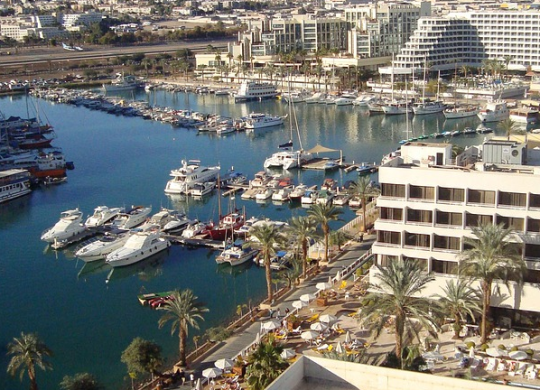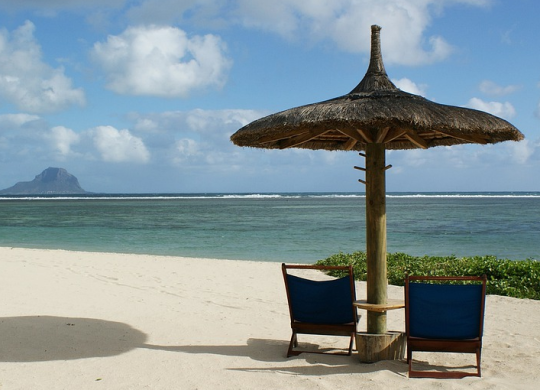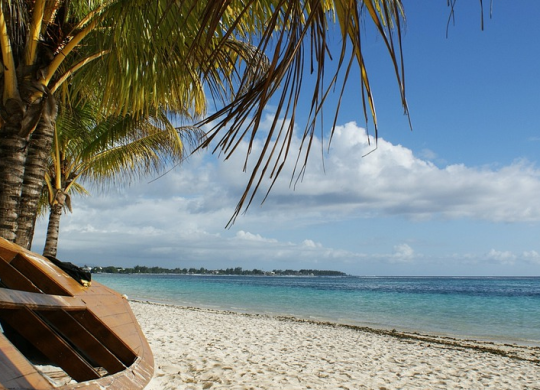Employment on the island of Mauritius. What is needed to come to the country to get a job

Mauritius is an island state in the Indian Ocean, lying off the east coast of Africa, and is part of the Mascarene Islands. Today, it is one of the most prosperous countries in the region with a stable economy that has consistently shown good performance in recent years.
With this in mind, this country will be perfect for working abroad. If you are worried that you don't speak French, Mauritian, or Corian, which are commonly spoken in everyday life, don't worry. English is the dominant language in business and commerce. Mauritius is way more accessible than you think. Keep reading to find out why.
Labor market
Until a few decades ago, sugar cane was the country's main industry, but it has seen some decline and now accounts for 25% of total export earnings. An estimated 9% of the workforce is employed in agriculture and fishing. The textile industry is another significant contributor to the local economy.
Considering the natural beauty of the island, tourism is a major contributor to the country's economy, but the government has recognized the importance of other sectors and financial services have become a growth area, mainly targeting markets such as India and parts of Africa. It is clear that business in Mauritius needs to move further up the value chain and efforts are being made to achieve this.
Having established itself as an offshore tax haven, the island has become a popular base for foreign companies. In recent years, thousands of companies have chosen to take advantage of favorable tax breaks combined with strong business infrastructure and a reliable legal system. Another area of growth is private real estate investment, which encourages people from abroad to purchase homes on the island.
Employment opportunities
Employment opportunities span a wide variety of industries. Here is a short list of popular areas:
•Sales and marketing;
•Computing and IT;
•Engineering, manufacturing, and construction;
•Healthcare and social security;
•Finance (including FinTech).
What you need to do to come to the country for work
Getting a job in Mauritius is a real possibility for anyone who wants to move there. You can apply for a job in your home country. However, it is usually better to visit Mauritius and find a job there. An important step in the employment process is the work permit. There are several different types of permits and you will need to determine which one is suitable for your situation. You can request a legal advisor to help you find the right permit.
Types of work permits:
•Investor's permit: An investor has the right to apply for an investor work permit in four options: contribution, investment in modern machinery and equipment, purchase of assets, and investment in innovative start-ups.
•Professional permit: a professional working in Mauritius under an employment contract. Professionals may also apply for a short-term professional permit for a period not exceeding nine months. The work permit may be renewed only once, for a period not exceeding three months.
•Young Professional Occupation Permit: Foreign students who have obtained a bachelor's degree from a university in Mauritius may apply for a YPOP (work permit valid for a maximum of three years, depending on the duration of the employment contract).
•Self-employed permit: non-citizens who are engaged in professional activities exclusively in the service sector and are registered in the register of companies under the Business Registration Act. A fee of USD 35 000 is required for this type of permit. In order to renew the permit, the business activity must generate MUR 800 000 per year starting from the third year of company registration.
Taxes
While Mauritius is a duty-free haven for tourists, islanders pay 15% VAT on corresponding goods. The fiscal year runs from 1 July to 30 June.
Mauritius residents must pay income tax from 10% to a maximum of 30%. For tax purposes, you will qualify as a resident if you spend 183 days or more in the country in a tax year. It should be noted that tax residents in Mauritius will be taxed on their total global income, while non-residents will only be taxed in Mauritius on local income.
Recommended articles
4 min
Work
4 min
Work
6 min
Treatment
5 min
Residence permit
All materials and articles are owned by VisitWorld.Today and are protected by international intellectual property regulations. When using materials, approval from VisitWorld.Today is required.
